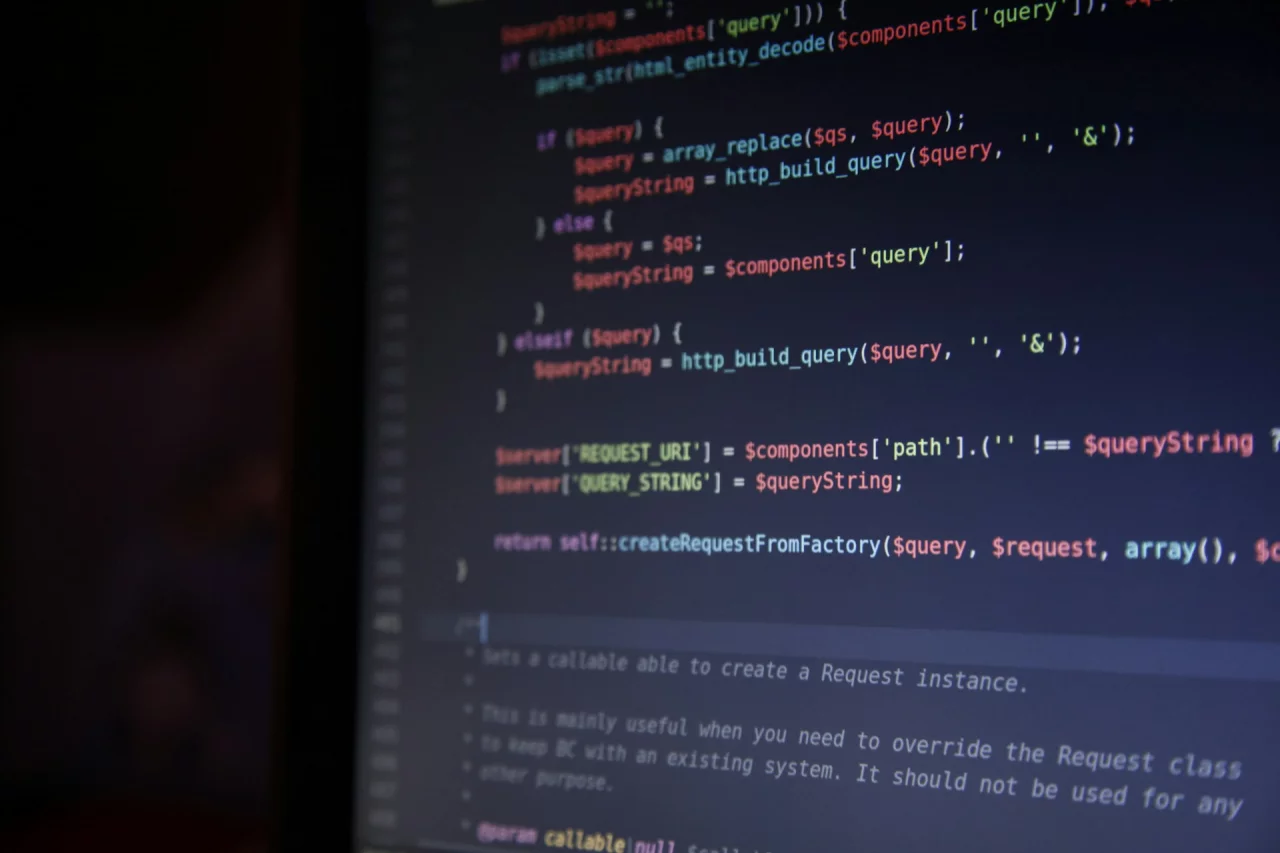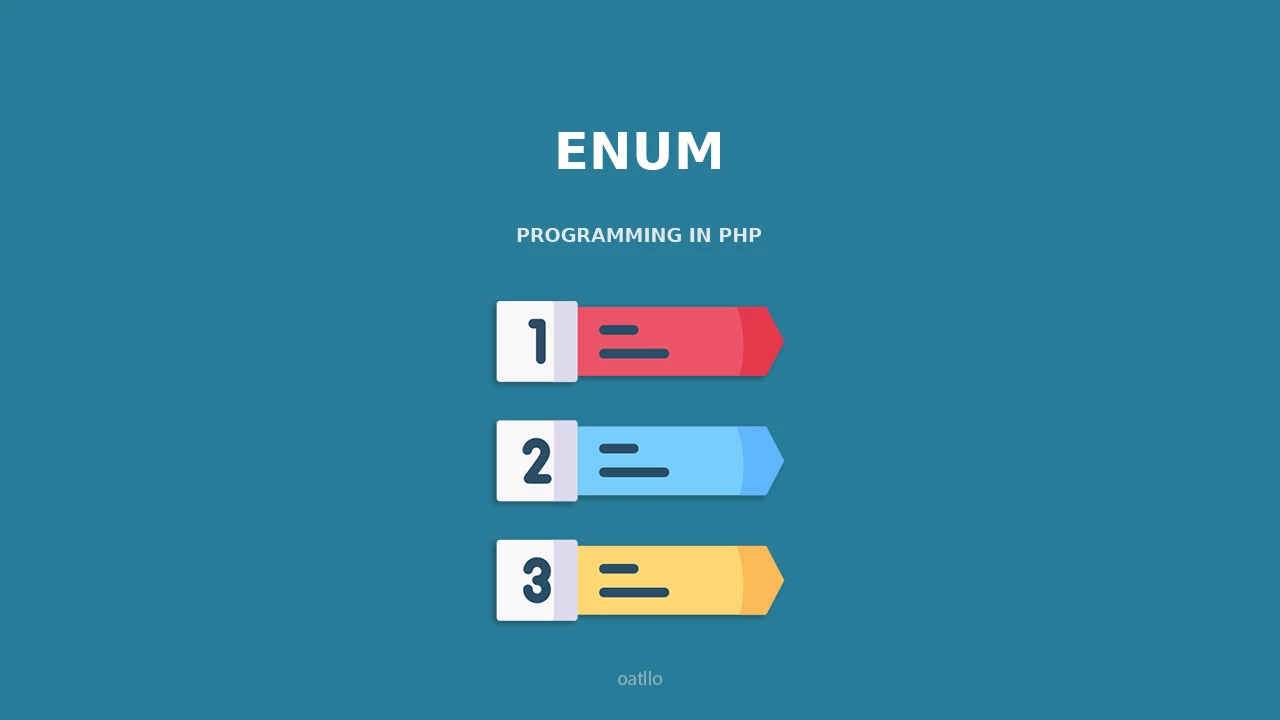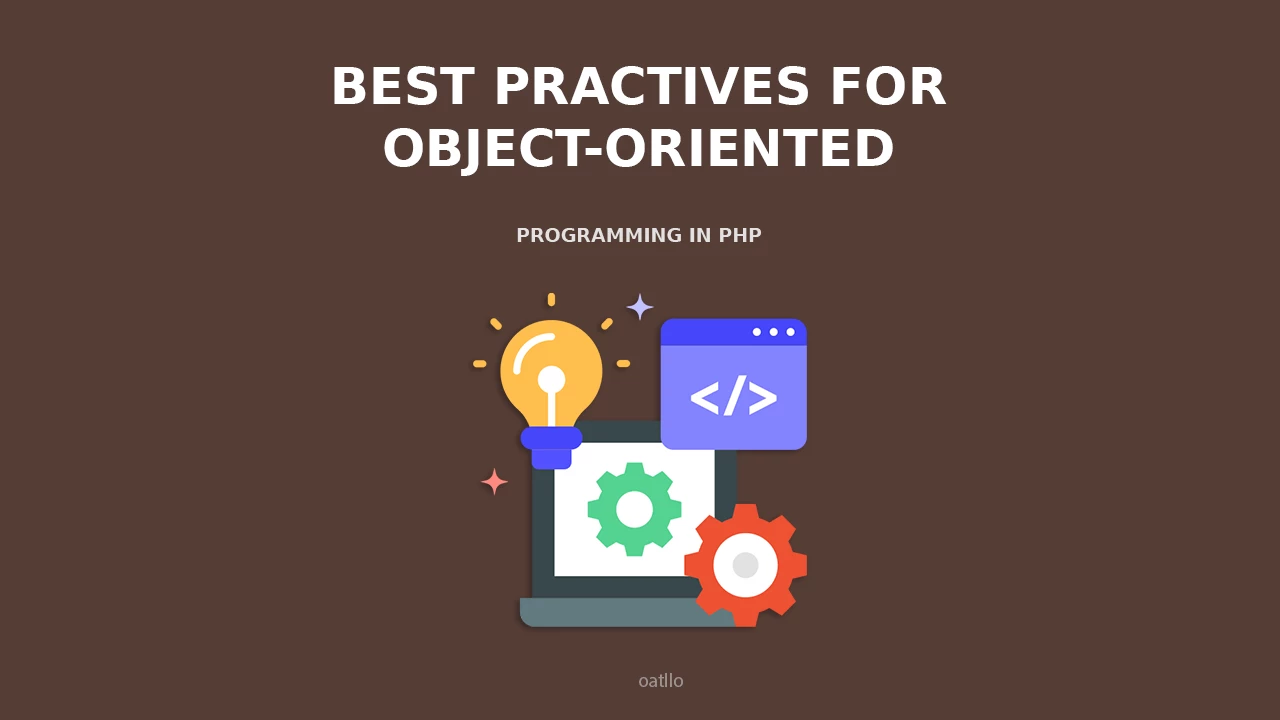Discover the PHP Best Practices for Efficient Coding
Welcome to our comprehensive resource on PHP best practices. If you are looking to enhance your coding skills and learn how to write clean, maintainable, and efficient PHP code, you’ve come to the right place! In this section, we will explore the essential guidelines that every PHP developer should follow, regardless of their experience level.
The Importance of Following PHP Best Practices
Following best practices in PHP not only helps in creating reliable applications but also aids in improving collaboration among developers. Adopting these practices can significantly reduce the chances of bugs and security vulnerabilities. Moreover, a well-structured codebase is easier to read, understand, and modify.
Key PHP Best Practices to Boost Your Development Skills
- Coding Standards: Adhere to widely accepted coding standards such as PSR-1 and PSR-2 to ensure consistency.
- Commenting and Documentation: Use comments wisely to explain complex logic and document your code using tools like PHPDoc.
- Use of Frameworks: Leverage popular frameworks like Laravel or Symfony to speed up your development process while following best practices.
- Version Control: Implement version control systems like Git to track changes and collaborate efficiently.
- Security Practices: Always sanitize user inputs, use prepared statements for database queries to prevent SQL injection, and follow OWASP security guidelines.
Testing and Debugging in PHP
Effective testing is crucial to maintaining the quality of your PHP applications. Familiarize yourself with PHP Unit Testing to create unit tests for your code. Utilize tools like Xdebug for debugging and optimization of your scripts, ensuring they run smoothly before deployment.
Discover More Articles Below
To dive deeper into the world of PHP development and discover more insights on best practices, best tools, and effective coding strategies, check out the articles below.




